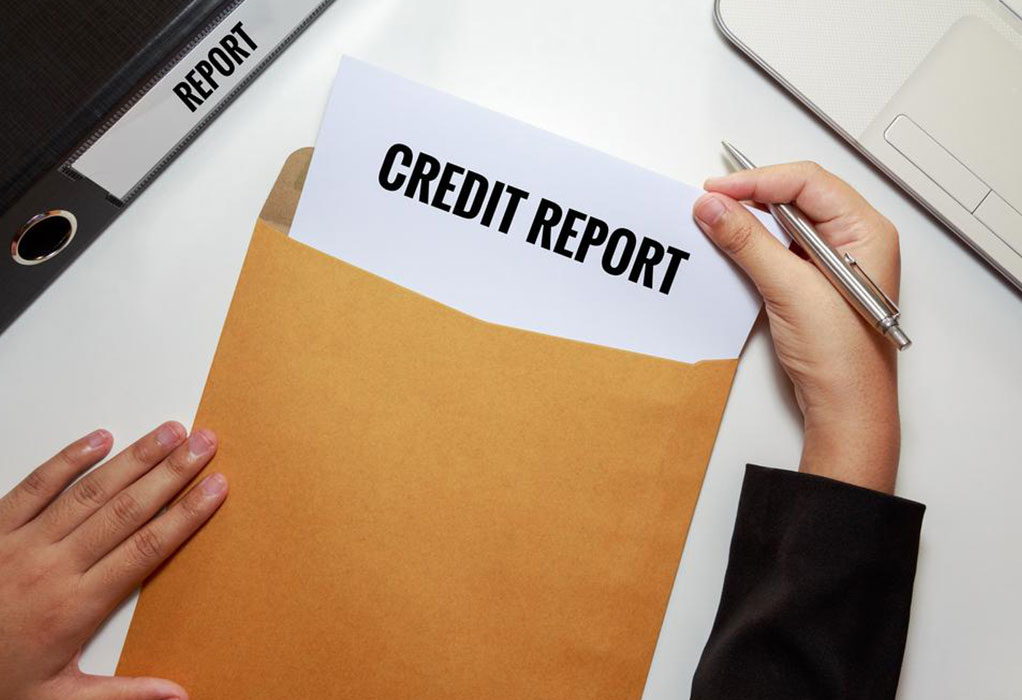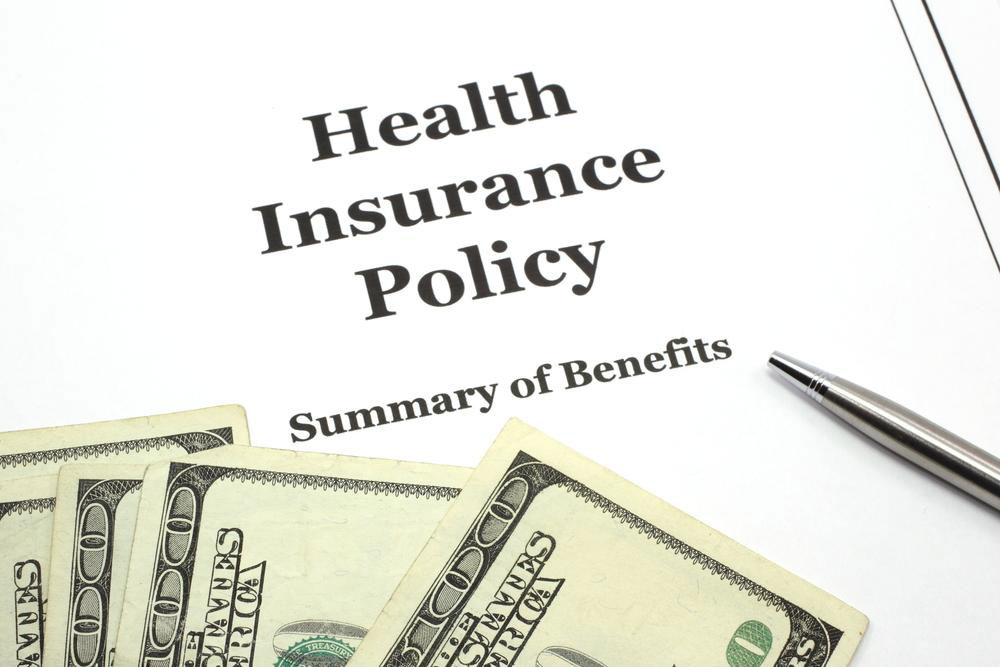Effective Strategies for Challenging Your Credit Reports
Learn effective methods to challenge inaccuracies in your credit reports. This guide covers how to request free reports, dispute errors with credit bureaus, and keep thorough records. Protect your creditworthiness and ensure your report reflects accurate information to improve your chances for loans and financial opportunities.

Understanding and Contesting Your Credit Reports
Your credit report contains details about your residence, bill payment history, legal issues, or bankruptcy filings. These reports are sold to lenders, insurers, employers, and landlords to evaluate your creditworthiness. Regularly reviewing your report annually helps identify errors, protect against identity theft, and ensure accurate information. Mistakes can impact loan eligibility and financial opportunities.
Three major credit bureaus—Equifax, Experian, and TransUnion—offer free annual reports upon request. You can request a free report if you've been declined a loan, insurance, or job within the past 60 days, are unemployed planning to seek work within two months, receive welfare, or suspect identity theft. These reports help identify inaccuracies and fraudulent activities.
To dispute inaccuracies, contact the relevant credit bureau and the entity that provided the data. Clearly state your concerns in writing, include supporting documents, and specify the corrections needed. Credit bureaus have 30 days to investigate and notify you of findings. If errors are confirmed, they must correct your report across all providers and inform you of actions taken. Keep copies of all correspondence and evidence to support your case.
In cases where disputes are unresolved, you can directly contact the data furnishers and request corrections. If necessary, escalate the dispute to the credit bureaus, referencing your prior communication. Avoid disputes with only the lender, as this may weaken your case. Carefully review terms and maintain thorough records of all disputes and supporting evidence. Binding agreements and terms may influence your ability to pursue legal action, so careful documentation is vital.
Note:
The information shared here aims to provide practical guidance across various topics. While research-backed, it’s essential to verify details independently. The website is not responsible for discrepancies or omissions in related platforms or future schemes and offers that may benefit you.










